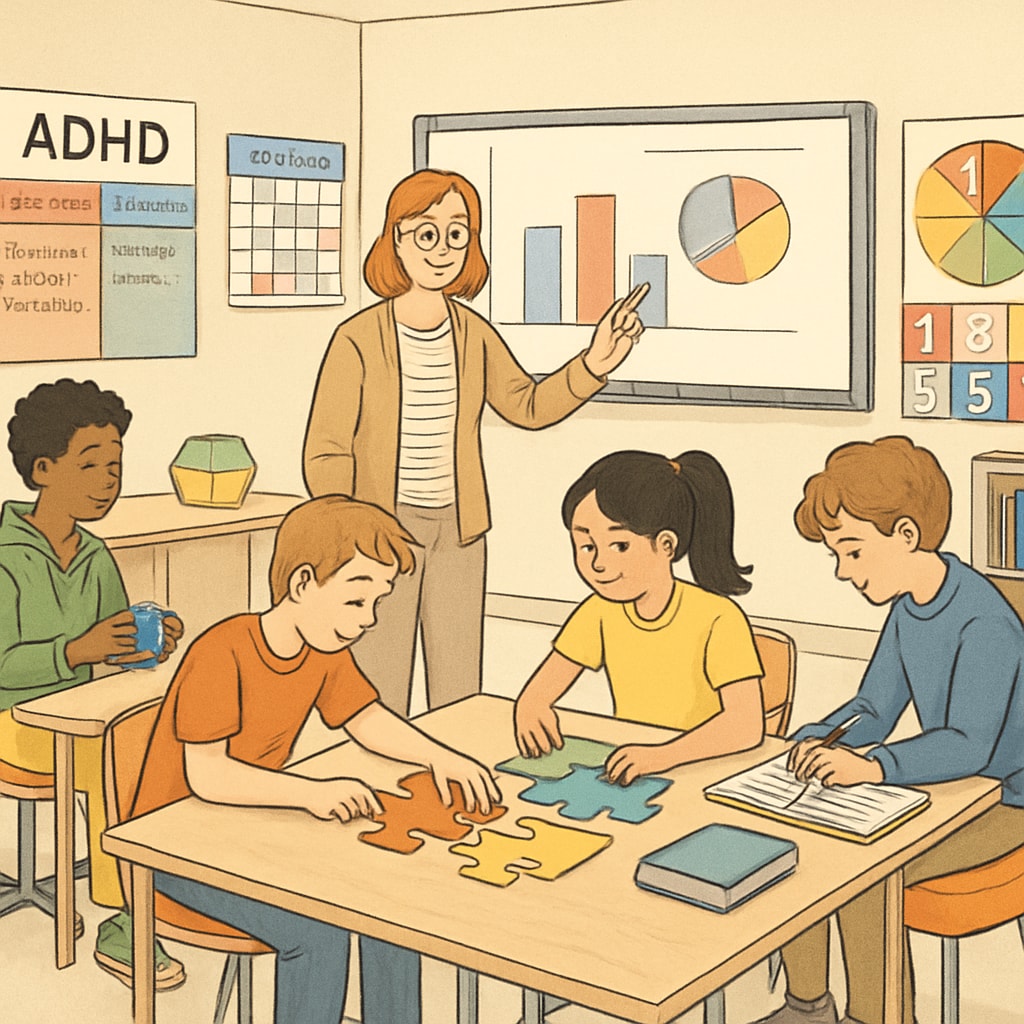For students with ADHD, managing high school life can be challenging enough. When combined with significant credit deficiencies due to personal or family issues, the road to graduation might seem impossible. However, with a focused strategy, these obstacles can be overcome. In this article, we’ll explore actionable steps for ADHD students to close large credit gaps within two years and graduate on time, emphasizing personalized learning plans, diverse credit recovery methods, and strong support systems.
Understanding Credit Deficiencies and ADHD Challenges
Before addressing solutions, it’s important to understand the unique challenges ADHD students face in high school. ADHD (Attention-Deficit/Hyperactivity Disorder) can affect a student’s ability to focus, stay organized, and manage time effectively, which are all critical skills for academic success. These difficulties often lead to missed assignments, poor grades, or even class failures, resulting in credit deficiencies.
In addition, personal or family challenges may further derail a student’s academic trajectory. Whether it’s frequent school changes, health issues, or family responsibilities, these factors can compound ADHD-related struggles and leave students feeling overwhelmed. However, with the right mindset and strategies, catching up is entirely possible.

Creating a Personalized Plan to Close Credit Gaps
The first step for students is to assess the extent of their credit gap and create a personalized plan. This plan should include realistic goals, a timeline, and a focus on time management. Here’s how:
- Consult a school counselor: They can provide a detailed breakdown of missing credits and the required courses to graduate.
- Prioritize core requirements: Focus on fulfilling mandatory subjects like math, science, and language arts first, as these are essential for graduation.
- Break tasks into smaller steps: ADHD students benefit from tackling work in manageable chunks to avoid feeling overwhelmed.
For example, if a student is missing eight credits, they can aim to complete four credits per year. Combining summer school, online courses, and extra classes during the school year can help achieve this goal.
Exploring Diverse Credit Recovery Options
Many schools offer flexible pathways to help students recover lost credits. ADHD students can benefit from these options, as they cater to different learning styles and schedules:
- Summer school: Accelerated courses during summer provide an opportunity to focus on one or two subjects intensively.
- Online learning platforms: Websites like Khan Academy or Edgenuity allow students to complete coursework at their own pace. These platforms often include interactive lessons that cater to ADHD students’ need for engagement.
- Credit recovery programs: Many high schools offer specialized programs designed to help students make up failed courses quickly.
- Dual enrollment: Enrolling in community college courses can help students earn both high school and college credits simultaneously.
For more information about online education options, visit Wikipedia’s guide on online learning. These alternatives empower students to choose what works best for them, increasing the likelihood of success.

Building a Support System for Long-Term Success
Supportive relationships play a vital role in the success of ADHD students. A strong network can provide motivation, guidance, and accountability during the journey to close credit gaps.
Here’s how to build an effective support system:
- Engage family members: Ask parents or guardians to help with organization, creating study schedules, or providing encouragement.
- Find a mentor: Teachers, school counselors, or community mentors can offer advice and monitor progress.
- Join ADHD support groups: Connecting with peers who face similar challenges can foster a sense of belonging and provide valuable tips for managing ADHD.
In addition, ADHD-friendly tools like planners, reminder apps, and visual schedules can help students stay on track. For more on ADHD management, explore the Encyclopedia Britannica’s ADHD entry.
Staying Motivated and Celebrating Milestones
Closing a significant credit gap in two years is no small feat, but maintaining motivation can make the process manageable. Here are a few tips:
- Set short-term goals: Celebrate progress, such as completing a course or passing a test, to stay motivated.
- Reward achievements: Treat yourself to something enjoyable after reaching a milestone, whether it’s a movie night or a favorite meal.
- Keep the end goal in mind: Visualize the moment of graduation and the opportunities it will bring.
Remember, progress may not always be linear, and setbacks are part of the journey. Stay patient and lean on your support system when challenges arise.
In conclusion, ADHD students facing high school credit deficiencies can achieve their academic goals with determination, strategic planning, and the right resources. By creating a personalized plan, leveraging credit recovery options, and building a strong support network, students can overcome these obstacles and graduate on time.


